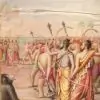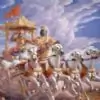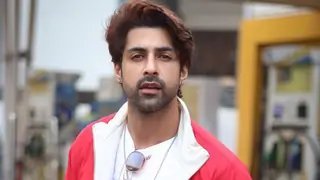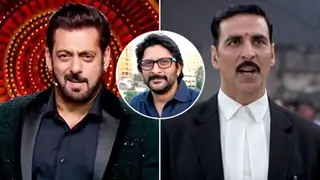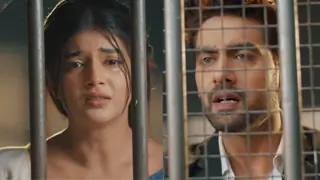Originally posted by: Chandraketu
Ananya
Chatter asks a good question. When Sita took her vow, were K-L there to witness it in the original Valmiki? If no, that alone might explain how they managed to be composed. Also, when they sung all this, were they supposed to be empty minded and not think an iota of what they were singing? B'cos if they were to sing of Sita's demise, that too would have traumatized them, even if they weren't there to witness it.
I think according to Valmiki the kids see the golden statue of their mother and guess the truth. Ramji and the audience come to know as they sing. Also, the boys are suppposed to have a strong resemblance to Ramji. The kids do see the oath being taken. They seem to have turned out well in the end. Both of them become good kings as adults. Also, Ramji was a very good father to them from the time he takes over. As a mother I can say that little kids are very resilient and if other members of the family handle any bad situation right they do grow up ok.


